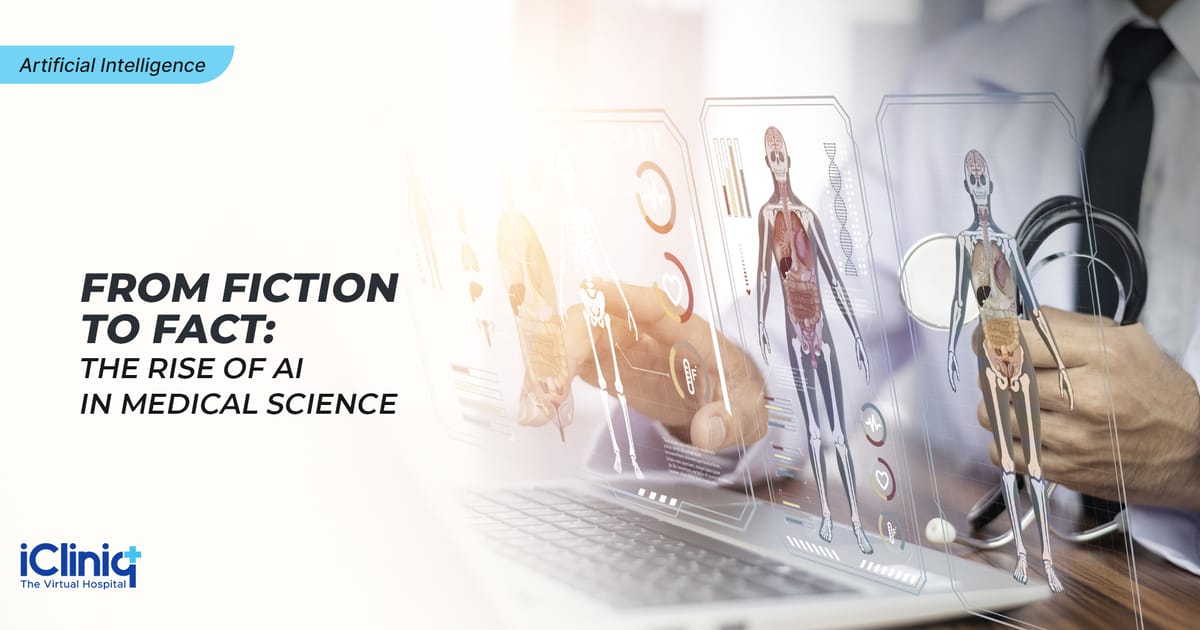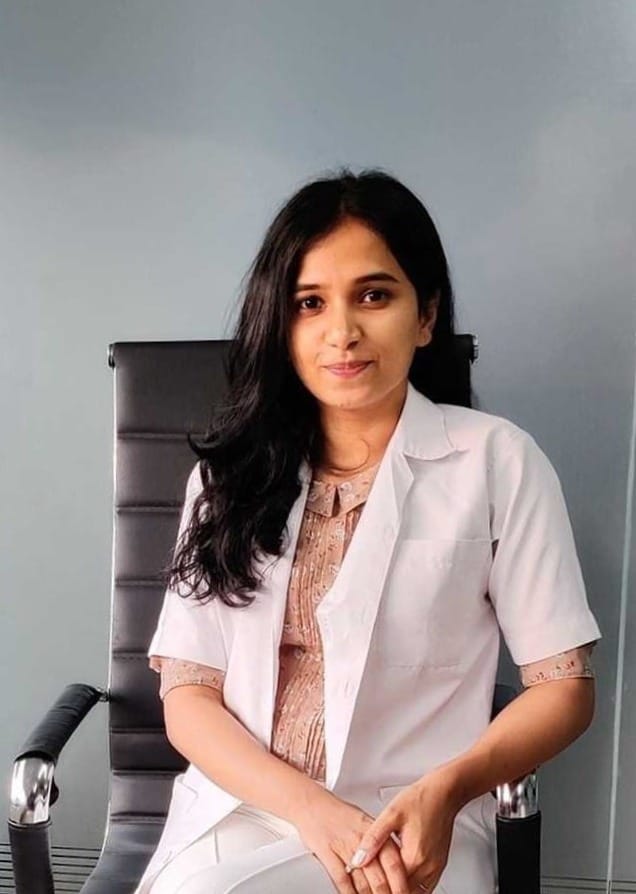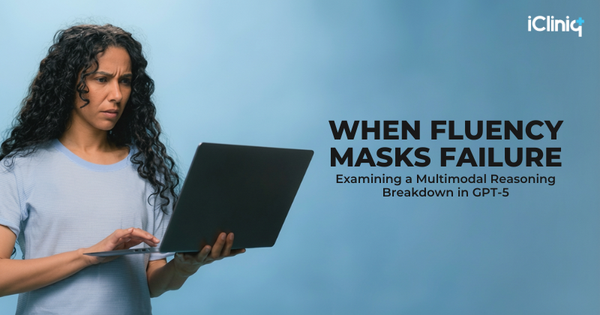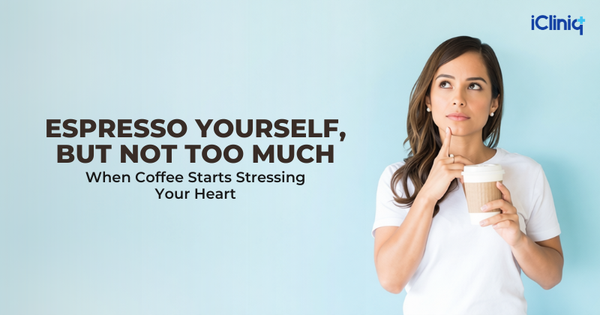From Fiction to Fact: The Rise of AI in Medical Science

In a world where technology has seeped into every aspect of our lives, healthcare is no exception. The merger of technology and medicine has resulted in a groundbreaking phenomenon: Artificial Intelligence in healthcare. With the relentless march of technology, we stand on the cusp of a healthcare revolution that's not just knocking on the door; it's barging in, and it's here to revolutionize how we stay healthy and receive care.
But are we indeed in the grip of reality, or have we ventured into a dreamlike domain, particularly in healthcare?
Welcome to the age of AI-based healthcare, wherein diagnoses are early, treatments are tailored, and the entire healthcare ecosystem is redefined to improve patient care.
Artificial intelligence is the digital brainpower behind futuristic innovations, enabling computers to adapt, reason, and even comprehend human language, bringing science fantasies to life in our everyday tech-driven reality. It does so by understanding natural language, solving complex problems, and learning from data.
With this, medical AI tools are the diagnostic detectives, helping medical doctors detect ailments and personalizing treatments to help heal patients like never before. Imagine a realm where machines decode the secrets hidden within the body, algorithms detect existing conditions, predict ailments before they present, and formulate treatment as unique as your genetic fingerprint.
To help you understand better, think of a technology where you could simply scan your medical images, and in an instant, an intelligent AI would unveil the mystery of the condition, offering a diagnosis like a digital medical expert with negligible human errors.
So, are we talking about AI in healthcare to substitute healthcare professionals?
No, we’re not! Its role is far from replacing medical doctors.
AI's role in the medical industry isn't limited to identifying health conditions; it's much more exciting. We're talking about predicting medical outcomes and foreseeing diseases. And guess what? The era of AI medicine is fast approaching, bringing AI-powered medical services in the near future. This isn't just about upgrading healthcare; it's about giving personalized medicine a whole new spin, turning drug discovery into a high-tech adventure, supercharging telemedicine, and making remote monitoring as seamless as a healing touch.
Being a game-changer, AI in healthcare excels in diagnosing diseases like cancer with the help of clinical images and photographs, X-rays, CT scans, and MRIs. In addition, AI is proficient at identifying heart conditions and cardiac risks by examining electrocardiograms (ECGs) and monitoring vital signs. Furthermore, it can predict conditions like diabetes, offering valuable insights based on patient data. And the list doesn't stop there; medical AI can detect neurological disorders, respiratory issues, dental diseases, and more. Its capabilities continue to expand, offering hope for earlier diagnoses and improved healthcare outcomes.
But that's not all! It's not just healthcare; it's intelligent care, prioritizing your well-being, and pointing the way to a brighter and healthier future. AI in healthcare is no longer a futuristic dream but a captivating reality. It is no longer the stuff of science fiction, nor just about robots performing surgeries or futuristic healthcare apps; it's about the profound changes occurring behind the scenes and the compelling reality of today!
There are many layers to unravel when it comes to AI in healthcare. Follow along as we gently peel back the curtain on this nuanced topic.





